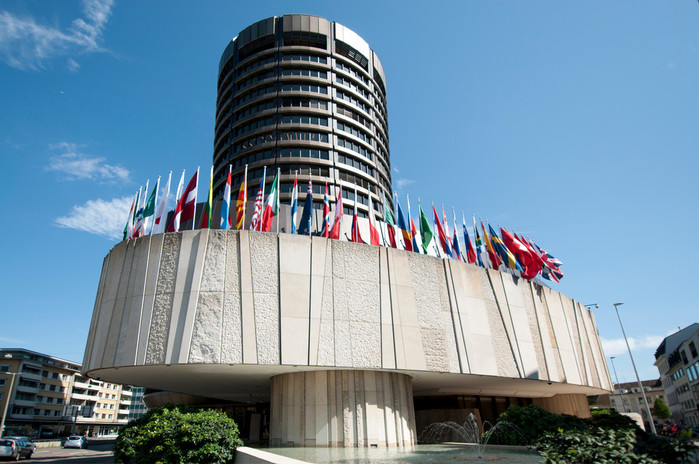In its latest edition of quarterly reviews that looks at international banking and financial market developments, the Bank for International Settlements (BIS) has produced research that assesses market reactions to cryptocurrencies regulations.
The paper outlines that cryptocurrencies are often thought to operate out of the reach of national regulation, but in fact their valuations, transaction volumes and user bases react substantially to news about regulatory actions. According to the authors the impact depends on the specific regulatory category to which the news relates: events related to general bans on cryptocurrencies or to their treatment under securities law have the greatest adverse effect, followed by news on combating money laundering and the financing of terrorism, and on restricting the interoperability of cryptocurrencies with regulated markets. News pointing to the establishment of specific legal frameworks tailored to cryptocurrencies and initial coin offerings coincides with strong market gains. These results suggest that cryptocurrency markets rely on regulated financial institutions to operate and that these markets are segmented across jurisdictions, bringing cryptocurrencies within reach of national regulation.
The key takeaways are summarised as follows:
- Cryptocurrencies such as Bitcoin have attracted much attention because of their meteoric price swings, but have also raised concerns for regulatory authorities.
- While cryptocurrencies are often thought to operate out of the reach of national regulation, in fact their valuations, transaction volumes and user bases react substantially to news about regulatory actions.
- News events related to general bans on cryptocurrencies or to their treatment under securities law have the greatest adverse effect on valuations, followed by news on combating money laundering and the financing of terrorism, and on restricting the interoperability of cryptocurrencies with regulated markets. News pointing to the establishment of legal frameworks tailored to cryptocurrencies and initial coin offerings coincides with strong market gains.
- Because they rely on regulated financial institutions to operate and markets are (still) segmented across jurisdictions, cryptocurrencies are within the reach of national regulation.
Looking ahead, the paper defines three key challenges:
- First, to effectively address regulatory concerns and achieve technology-neutral regulation, authorities will need to clarify cryptocurrency-related activities from legal and securities market perspectives, and to do so according to economic purpose rather than technology used. Related, the boundaries among national regulatory bodies may need to be redrawn to clarify responsibilities.
- Second, although markets are currently somewhat segmented, cross-border spillovers can occur in response to regulatory events. As the market continues to evolve, and if more banks and funds engage in cross-country arbitrage, regulation and enforcement in one jurisdiction may lead activity to migrate to others with more lax approaches. Coordination has already been found to enhance the effectiveness of AML standards, with authorities seeking to treat similar products and services consistently according to their function and risk profile across jurisdictions (eg Financial Action Task Force (2015)). To maximise impact and avoid leakages, internationally consistent approaches should be used for cryptocurrencies as well.
- Finally, while we did not analyse this in the current study, a number of observers have concluded that at the current stage of market development, cryptocurrencies do not appear to present macroeconomic or financial stability issues (Carney (2018), FSB (2018)). And while illicit uses of course transcend borders, it seems hard to use cryptocurrencies to circumvent capital controls on a large scale. That said, new types of crypto-products, such as crypto-funds and derivatives on cryptocurrencies and cryptoassets, create additional linkages with the financial system. And cryptocurrencies and other cryptoassets can piggyback on the conventional financial system. A loss of public trust in cryptoasset markets could translate into distrust in the broader financial system and its regulators. While cryptoassets thus do not, at this point, pose a global financial stability risk, it is important to remain vigilant, monitor developments and respond to potential threats.
The full review including the assessment is available here.
